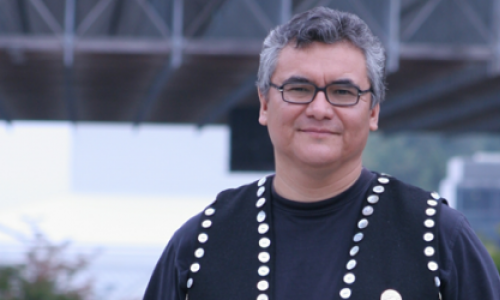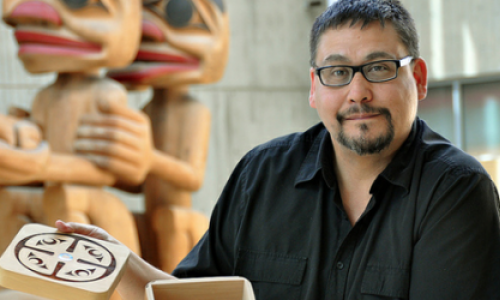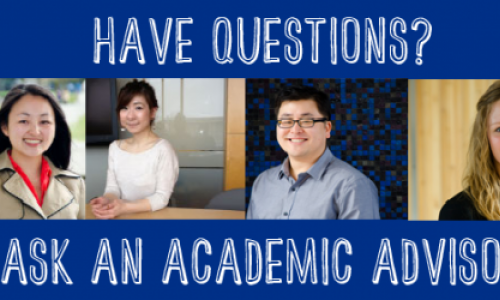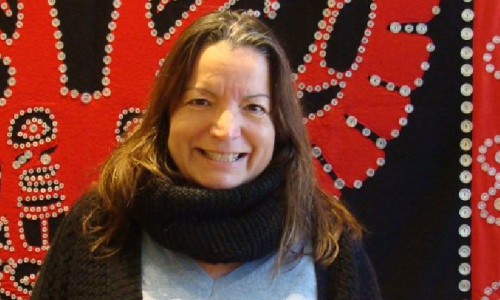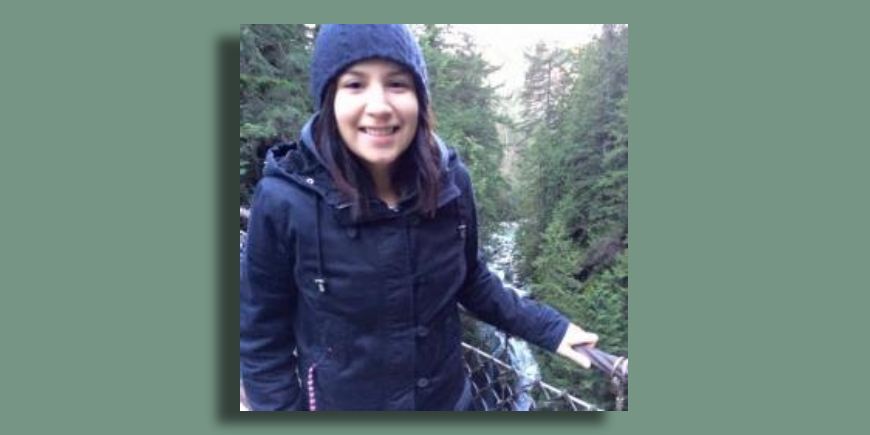
Nation or Affiliation
Cree/Chipewyan Mikisew Cree First Nation
Where did you grow up?
I grew up in Fort. McMurray, Alberta. When I lived there it was a relatively small city of 40,000 people.
What were some of the challenges you faced growing up?
Growing up in an adoptive family had many challenges; the most challenging thing for me was having to come to terms that my adoptive mother would not stop drinking, or being physically abusive to my family and I. It was hard to understand why she would act so cruel while she was drinking and then so nice while she was sober.
I also found it challenging to be an Indigenous person within an affluent community; I had no immediate role models… and of course, other kids would not let me forget that I was different. This led me to not really wanting to self identify as Indigenous due to the overt and subtle racisms I faced.
When you were young, what did you want to be when you grew up?
As a child, I recall writing about becoming a famous soccer player, but as I grew up I realized I wanted to become an artist.
When did you start thinking about attending post-secondary?
A few years into what I thought would lead me into a career as a police officer I started to rethink what/who I wanted to be. I realized that I did not agree with some of the practices within policing and I felt that attending post-secondary would aid me in understanding how I could change attitudes towards Indigenous people within all facets of society.
What were some of the reasons you decided to further your education?
One particular incident sticks out for me as a changing moment in my future. I was working as a Bylaw Enforcement Officer in Edmonton and I called in the police to help a homeless man (who happened to be Indigenous) passed out on the sidewalk. When the lone police officer showed up in his van; he ignored me despite my uniform. This did not bother me really; what really upset me was his conduct concerning the man who was passed out. First he verbally abused the man, calling him a drunk etc. And finally, the last straw occurred. After several minutes of him picking him up and down in an apparent effort to rouse him, he put two fingers up his nose and lifted him off the ground. I was too shocked to really act, and thinking about it now makes me wish I had taken a photo or at least gone through with the report I wrote about it back in the office. This incident was the moment I realized that joining the police would not affect change within it for those who are at it’s mercy. So I decided education was another path that might aid me in my cause.
Write a Brief Timeline of Your Schooling Experience.
I began my education at MacEwan University in Edmonton, I then transferred to SFU in January of 2014 and have been here since.
Share Your Experience Finding Funding.
Funding has been a precarious issue for me, I know that a lot of people think that Indigenous people go to school for free, but that has not been my experience. I opted to take student loans due to the negativity involved with receiving funding. However, I’d like to say now that I am open to funding for all Indigenous peoples through their bands. I, in my ignorance, misunderstood how/why some Indigenous people receive funding, and that it is not always as readily available as people may think. I feel like in the future, I may acquire my Status card so I can continue my education in the future without incurring more debt.
Share a Time When You Wanted to Quit.
Shortly after moving to SFU my Dad was diagnosed with cancer, and that really took a toll on me as he was the only person I truly bonded with as a child. Essentially, the entire time I have been at SFU I have felt that I might quit at any moment. Studying coupled with the fact that my Dad’s condition continually got worse did not help my thoughts about education, or life in general. I did not end up doing well, and I considered quitting after I found out his cancer was untreatable in December of 2014. Finally, after his death in January of this year I realized that I had to make a serious decision about my education.
Share Your Proudest Moment.
I was in a very low state for months after my Dad’s passing and I did not sleep well. I finally acknowledged that I needed help, and went to counselling. I was then able to move forward mentally, which helped me finish two of the three classes I was enrolled in. And even though I only finished two I am proud I still managed to get good grades in those courses. And through all of the counselling, I can now say that I am not only doing this for myself, but also, in memory of my Dad’s wish for me to finish post-secondary. I want to make my Dad proud even if he will not be here to witness my accomplishments, and this process was/is my proudest moment.
Where are you currently in respect to your education?
Currently I am in my third year of my Bachelor of Arts, and though it has taken me longer than the usual four years, I think that is okay. You can’t choose what happens to you in life. The only thing you can do is prepare for your future to the best of your ability.
What has been your most important lesson returning to school?
That it does not matter when you realize what/who you want to be; what matters is that you’re doing what you love.
What advice do you have to offer other Indigenous students?
Think of who you want to help with your education, and do not let the hardships of life control your future. Another weird life epiphany that has shaped how I view my life is from the movie Kung Fu Panda 2 (I know, it sounds silly). But anyway, the sage tells Po: “Your story may not have such a happy beginning, but that doesn’t make you who you are. It is the rest of your story, who you choose to be.” I know a lot of people (and a disproportionately high amount of Indigenous children) sometimes have rough beginnings in their life, but as the sage says, it doesn’t have to shape the rest of your story.
What are your goals for the future?
I hope to be someone that other Indigenous youth can look up to, and a person that others can count on in my everyday life. And hopefully I can get into Law school so I can help Indigenous peoples fight for their rights.
Beyond the Blog
-
Check out the Indigenous Student Centre for more resources on assisting indigenous students!










